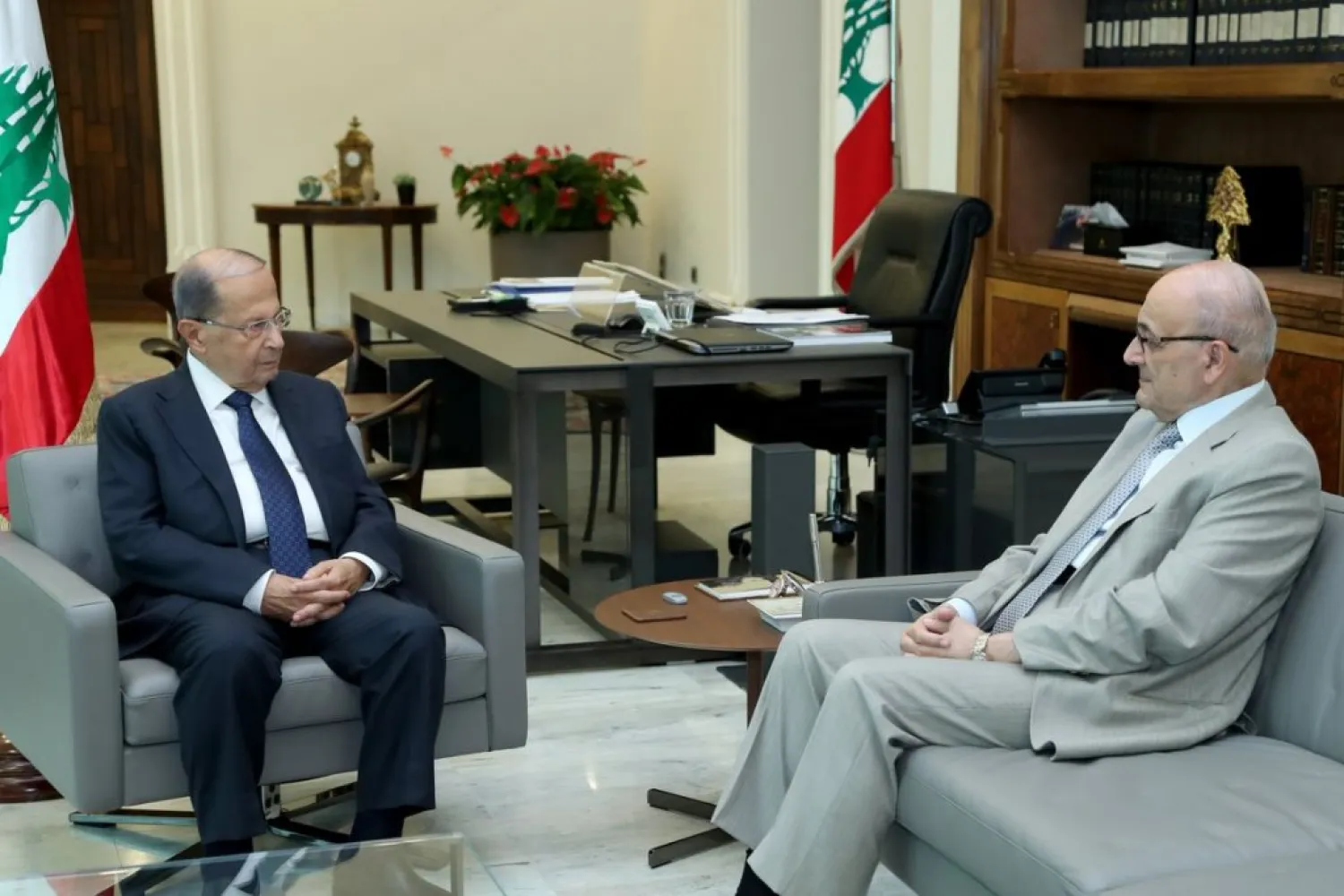Damascus seeks to boost its presence in Lebanon by reviving the Syrian-Lebanese Higher Council.
The Council’s Secretary-General, Nasri Khoury, resumed his activities in the Lebanese internal sector, years after freezing this role due to the crisis in Syria.
“The work of the Higher Council and its secretariat has not stopped in the past few years, even if such role was not highlighted in the media,” Khoury told Asharq Al-Awsat on Saturday.
He said he was always following up on the implementation of signed agreements between the two countries, within the limits permitted during the conflict in Syria.
After the formation of a government in Lebanon this year, Khoury asked to meet with a number of ministers to activate work on a number of agreements signed between Lebanon and Syria, he said.
Khoury has already met with some ministers and is waiting to get appointments from others.
“The Higher Council secretariat contributed in 2013 and 2014 to placing a joint plan for the return of Syrian refugees to their homes. However, things got complicated after the Lebanese side withdrew from accepting a formula reached with the Syrian side,” Khoury explained.
Notably, the Council was created following a treaty signed on May 22, 1991, and constituted a major leap in the two states' relationships, after Beirut was under Syrian tutelage.
The Council was formed by the presidents of Lebanon and Syria, in addition to the Speaker, the Prime Minister and the Vice Prime Minister of Syria and the Speaker, the Prime Minister and the Vice Prime Minister of Lebanon.
However, after the two countries resumed official diplomatic relations in 2008 by opening respective embassies in Damascus and Beirut, several observers questioned the utility of keeping the Higher Council alive.
Currently, Damascus’ opponents in Beirut look suspiciously at Khoury’s dynamic to revive the council's role.
They believe that Syria was using the functions of the Council to recuperate its direct political role in Lebanon after it had dramatically declined in the past eight years.









